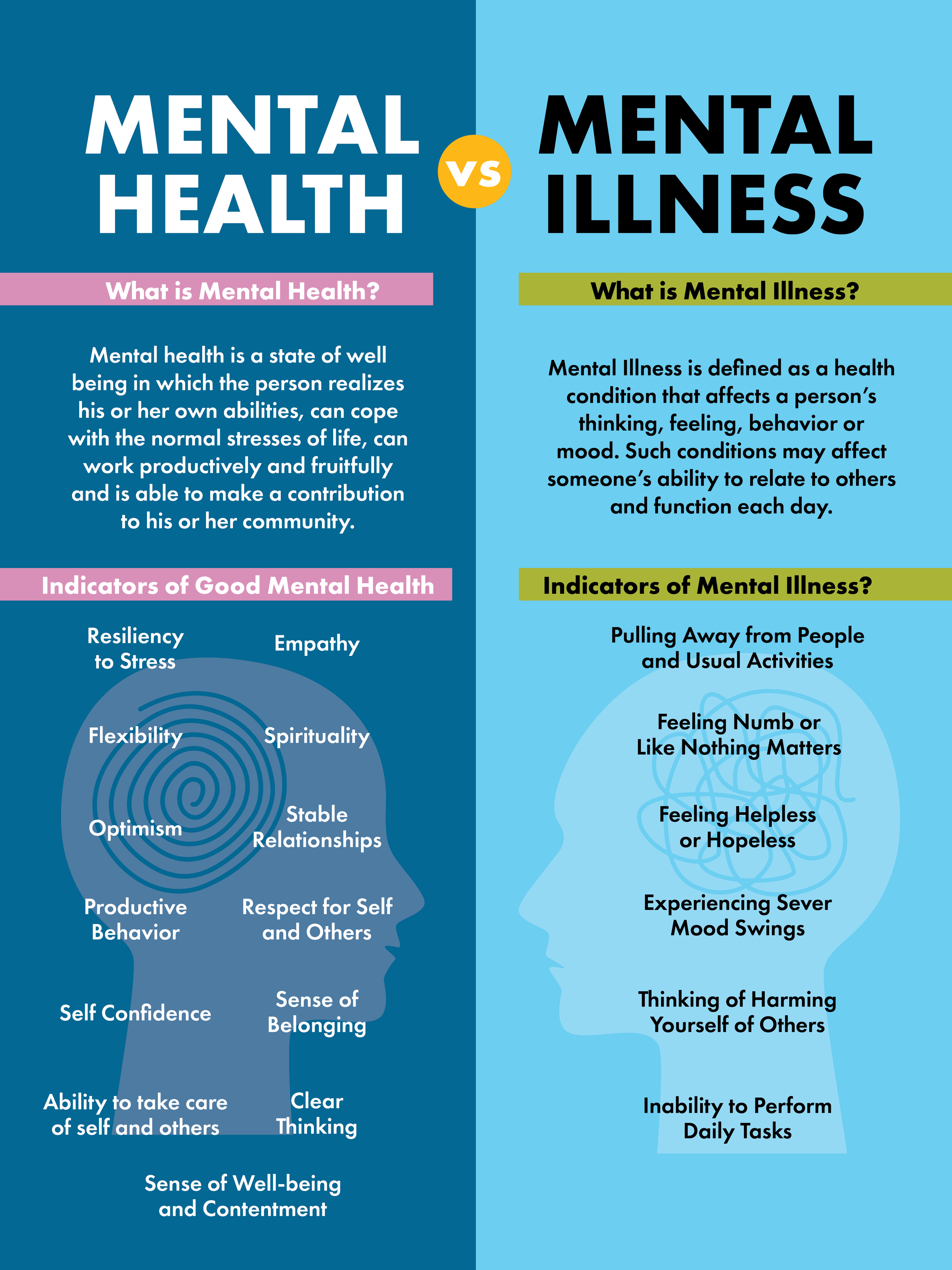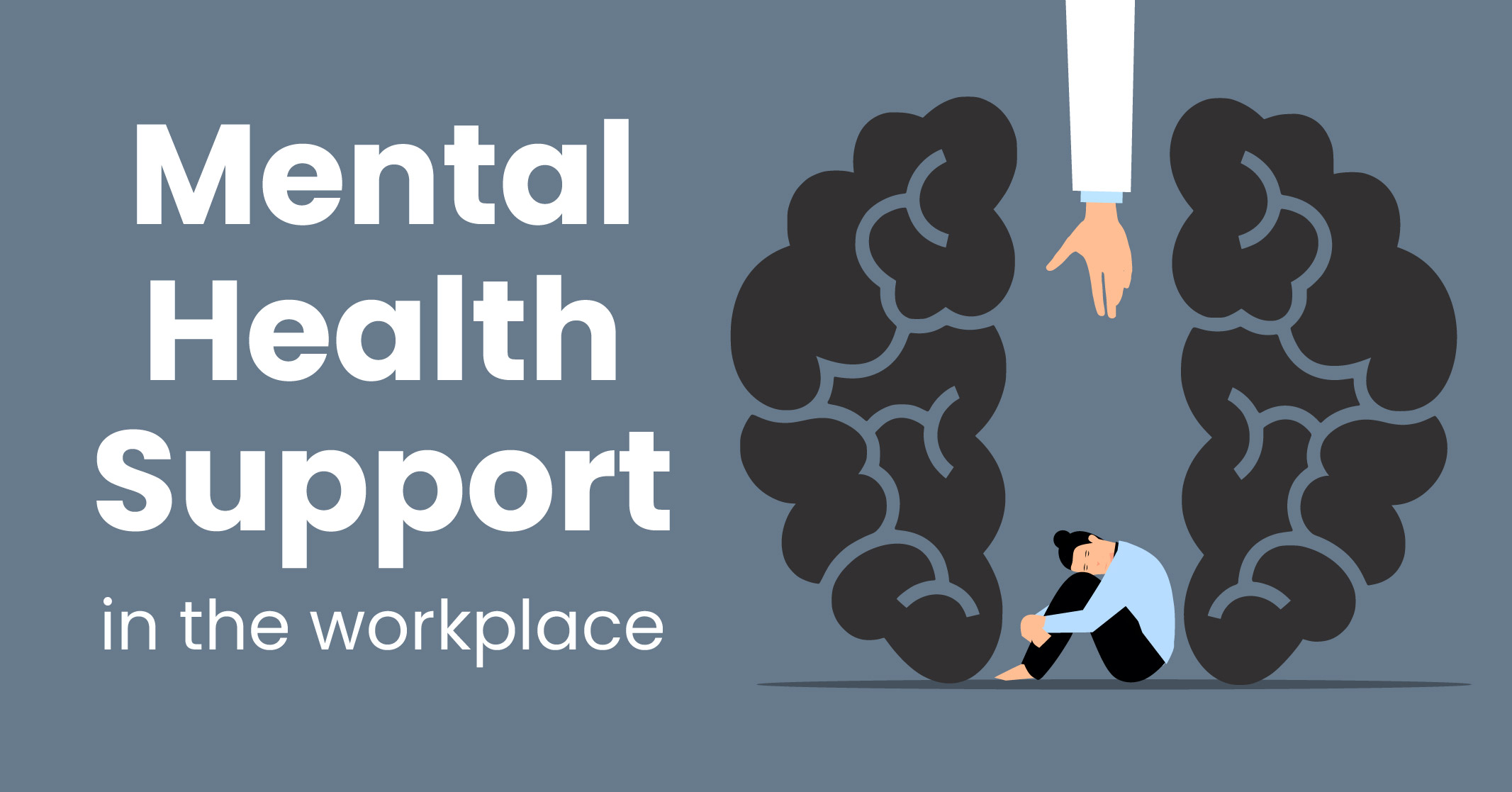Comprehensive Inpatient Mental Wellness Solutions for Effective Treatment
Inpatient psychological wellness solutions stand for an important element of the health care system, supplying a organized and intensive atmosphere for people experiencing extreme psychological distress. These solutions use a multidisciplinary strategy, integrating different evidence-based therapies to attend to the complicated demands of individuals. Nonetheless, the efficiency of such thorough treatment prolongs past immediate stablizing; it additionally incorporates the transition to outpatient support, an important phase usually neglected. Exploring the nuances of this continuum reveals substantial ramifications for both individual recovery and wider psychological wellness end results. What aspects absolutely affect this shift, and how can we boost its performance?
Comprehending Inpatient Mental Health Solutions
Inpatient psychological health and wellness services provide critical support for individuals experiencing serious psychological distress that can not be managed efficiently in an outpatient setting. These solutions are developed to provide an intensive level of treatment in an organized environment, usually within a medical facility or specialized center. People confessed to inpatient programs normally show severe signs and symptoms, such as self-destructive ideation, serious anxiety, or psychosis, requiring day-and-night surveillance and intervention.
The admission process usually includes an extensive analysis by psychological wellness experts, that examine the person's psychological state, history, and immediate requirements. When confessed, patients engage in a range of therapeutic methods tailored to their particular needs, including medication monitoring, individual therapy, and group sessions. This alternative approach aims to maintain the individual's problem, advertise security, and foster coping skills.
Inpatient mental health and wellness services not just address prompt health and wellness issues but additionally function as a bridge to ongoing treatment. By supplying a controlled atmosphere, these solutions facilitate the advancement of therapy strategies that can be proceeded in outpatient settings, therefore making certain a continuum of care and improving long-lasting end results for people with complex psychological wellness needs.
Key Parts of Effective Treatment
Efficient therapy in inpatient psychological health and wellness solutions consists of numerous key components that promote healing and stabilization. Most importantly, a detailed analysis is important to determine the individual's certain requirements and difficulties. This analysis educates the growth of a customized treatment strategy, which functions as a roadmap for intervention.
Another crucial element is the multidisciplinary team approach. Collaboration among psychiatrists, psycho therapists, registered nurses, and social employees guarantees that various perspectives add to the person's treatment, boosting the efficiency of treatment. Evidence-based therapeutic methods, such as cognitive-behavioral treatment (CBT) and dialectical behavior modification (DBT), are additionally essential, offering structured methods that address maladaptive idea patterns and behavior issues.

Lastly, a concentrate on aftercare preparation is important to guarantee a smooth shift to outpatient services, decreasing the threat of relapse and promoting lasting wellness. These collective parts create a reliable treatment structure within inpatient psychological health solutions.
Advantages of Comprehensive Care

Thorough care in inpatient check these guys out mental health and wellness solutions offers countless advantages that significantly boost client end results. One of the key benefits is the holistic strategy to therapy, addressing not only the emotional signs and symptoms but likewise the physical, social, and psychological needs of patients. This complete analysis permits tailored treatments that advertise total well-being.
Another benefit is the integration of multidisciplinary groups, which fosters partnership among medical care specialists. This joint environment guarantees that clients get coordinated care, decreasing the danger of fragmented treatment and improving communication among caregivers. Moreover, detailed treatment facilitates continuity of services, enabling smooth changes from inpatient to outpatient setups, which is crucial for long-term recuperation.

Finally, the organized atmosphere of thorough inpatient treatment gives a risk-free area for clients to engage in restorative activities, assisting them develop coping strategies and resilience. Collectively, these benefits add to more reliable therapy and boosted lifestyle moved here for people experiencing mental health and wellness crises.
Evidence-Based Therapeutic Techniques
In the realm of mental health therapy, evidence-based restorative techniques play a vital function in guaranteeing that clients receive reliable and clinically supported treatments. These strategies incorporate the most effective available study with scientific know-how and individual values, cultivating a customized treatment experience that addresses private needs.
Cognitive Behavior Modification (CBT) is one of the most extensively recognized evidence-based techniques, concentrating on determining and transforming negative thought patterns and actions. This structured technique has actually demonstrated effectiveness in dealing with problems such as ptsd, depression, and anxiety. Dialectical Behavior Therapy (DBT) is especially reliable for people with borderline individuality disorder, emphasizing the development of emotional policy and social performance abilities.
In addition, drug management is frequently an important element of evidence-based treatment, as psychotropic medicines can ease signs and symptoms and boost overall functioning. Collective care models, which involve multidisciplinary teams, further enhance the efficiency of inpatient solutions by making certain thorough analyses and continuous monitoring.
Ultimately, the assimilation of evidence-based healing strategies not just promotes positive professional end results yet likewise empowers clients, fostering a sense of firm and durability in their mental health trips.
Transitioning to Outpatient Support
The transition from inpatient psychological health and wellness services to outpatient assistance notes a vital phase in a patient's recuperation journey. This period requires cautious planning and control to make sure continuity of treatment and to minimize the threats of regression or dilemma. Effective discharge preparation ought to start early in the inpatient remain, involving a multidisciplinary group that includes psychoanalysts, psychologists, registered nurses, and social employees.
Secret components of a successful transition include the development of a detailed aftercare plan tailored to the person's particular demands. This plan ought to describe follow-up consultations, medicine monitoring, and therapeutic treatments, as well as determine area resources and assistance groups that can assist in recurring recuperation.
Furthermore, person and household education and learning is vital during this stage. Understanding the indications of possible setbacks and the significance of sticking to therapy can empower individuals and their support group.
Regular follow-up and reassessment of the outpatient plan are important to deal with progressing obstacles. By fostering a collaborative connection between outpatient and inpatient carriers, the chance of continual recuperation rises, inevitably improving the person's quality of life and minimizing the threat of readmission.

Verdict
In summary, detailed inpatient mental wellness services use a vital structure for dealing with extreme psychological distress with a multidisciplinary strategy. By integrating evidence-based treatments, cultivating a structured atmosphere, and advertising household participation, these solutions enhance therapy performance. The focus basics on security and the development of dealing abilities not only aids in instant recuperation but likewise promotes a smoother transition to outpatient care. Eventually, such thorough treatment is vital for long-lasting psychological wellness and health.
The admission procedure generally entails a comprehensive assessment by psychological wellness professionals, that review the person's psychological state, background, and instant requirements.Efficient treatment in inpatient psychological wellness solutions makes up a number of essential elements that foster recovery and stablizing.Thorough treatment in inpatient psychological health and wellness services offers numerous advantages that substantially improve client outcomes.The change from inpatient psychological health and wellness services to outpatient assistance notes a vital phase in a patient's recuperation trip.In summary, comprehensive inpatient mental health solutions use a vital framework for resolving serious psychological distress via a multidisciplinary technique.